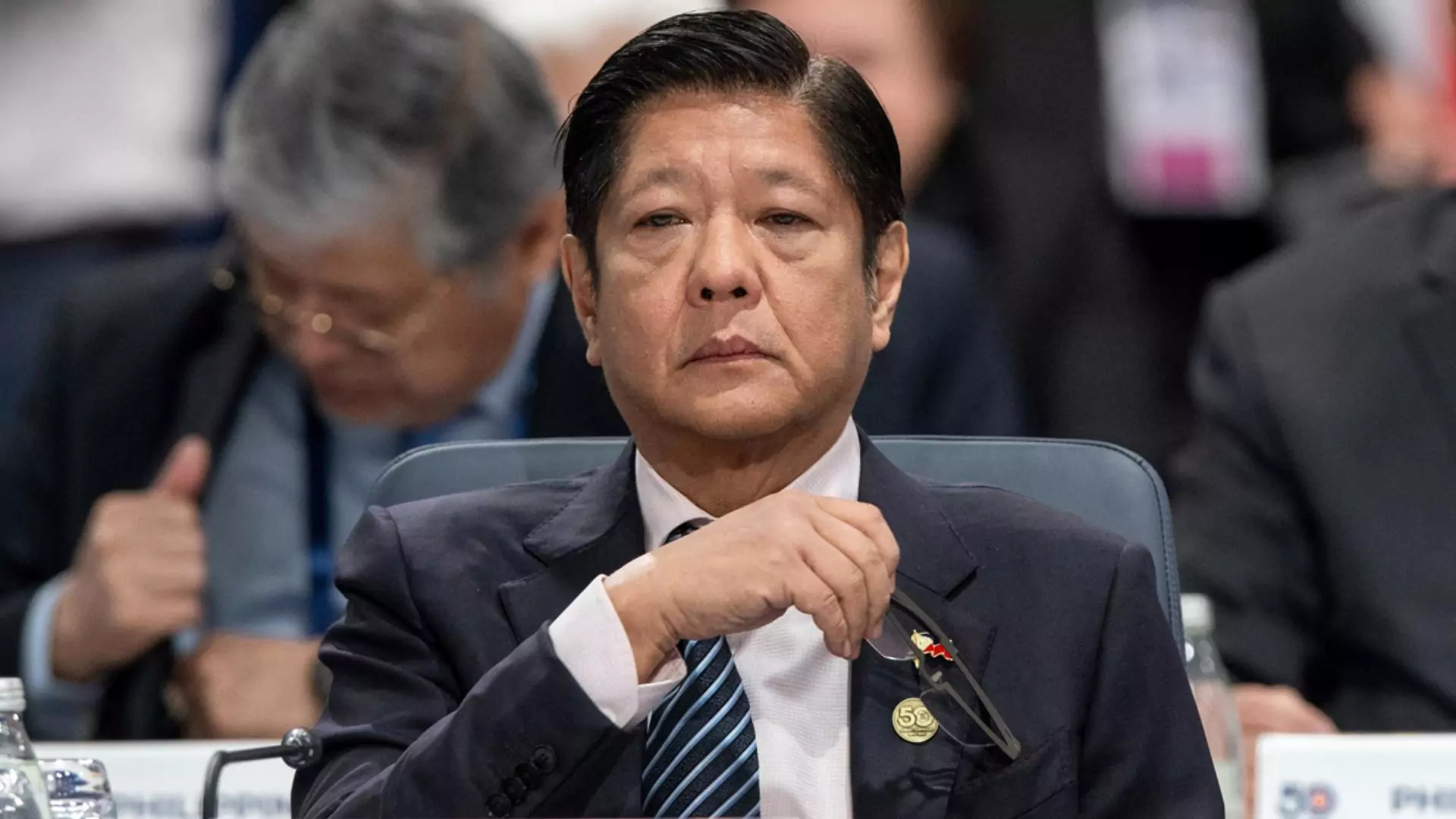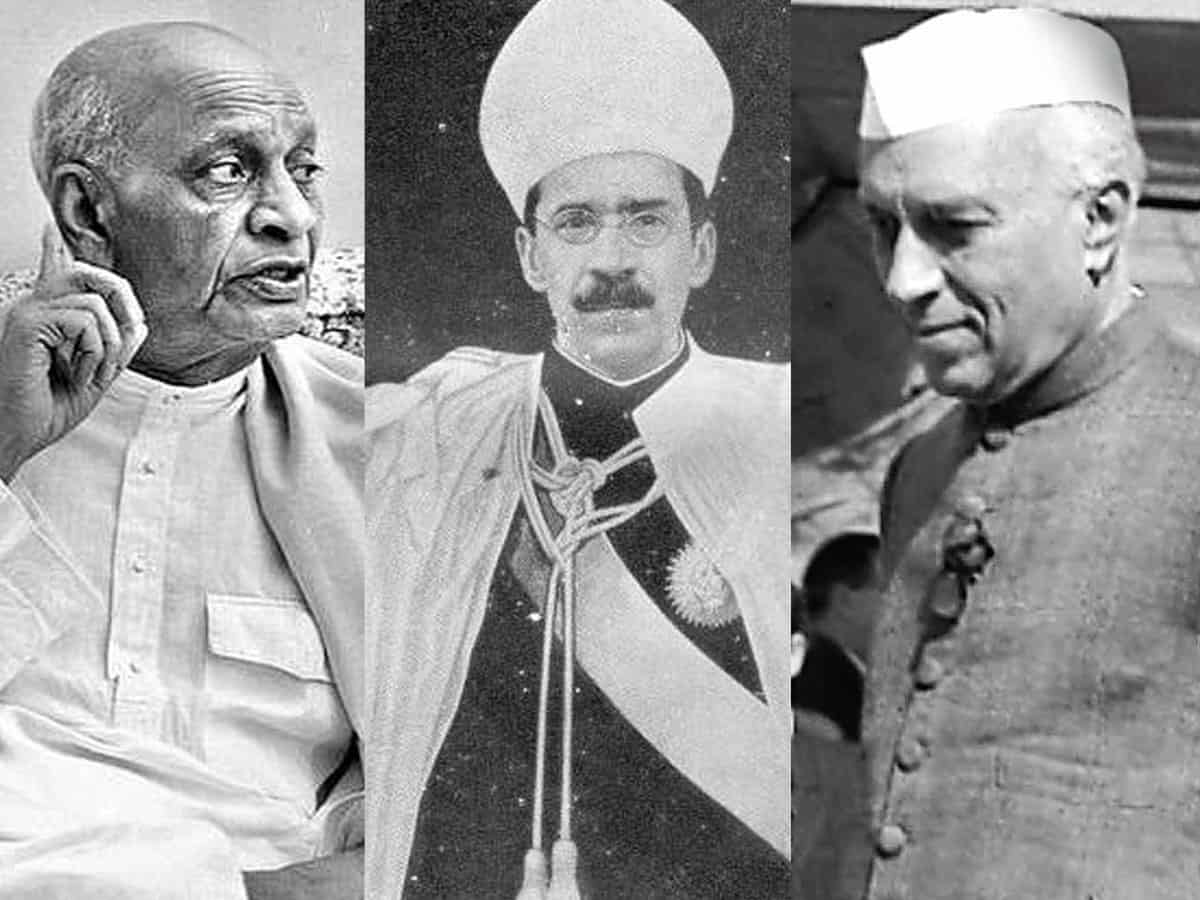
Introduction
Philippine President Ferdinand Marcos Jr. has called on Southeast Asian leaders and China to urgently accelerate discussions on a code of conduct for the South China Sea. During a regional summit held on , 10th October 2024, Marcos emphasized the need for faster progress and accused Beijing of “harassment and intimidation” in the disputed waters.
Importance of the South China Sea Code of Conduct
The South China Sea is a highly contested area, with several nations claiming rights to parts of it. China, in particular, claims sovereignty over nearly the entire South China Sea based on historical maps, a position that has led to numerous confrontations with neighboring countries like the Philippines. The ongoing disputes have caused significant tension in the region, raising concerns that the conflict could escalate into a larger international issue involving the United States, which has a defense treaty with the
Philippines dating back to 1951.
The idea of establishing a code of conduct for the South China Sea was first agreed upon between China and the Association of Southeast Asian Nations (ASEAN) in 2002. However, formal negotiations only began in 2017, and progress has been painfully slow. The purpose of the code of conduct is to establish clear rules and reduce the risk of conflict between nations with competing claims in the area.
Marcos Calls for Urgent Action
During the summit in Laos, which was attended by ASEAN leaders and Chinese Premier Li Qiang, Marcos highlighted the need for a faster pace in the negotiations. “There should be more urgency in the pace of the negotiations of the ASEAN-China code of conduct,” Marcos said in a statement from his office. He expressed disappointment that the situation in the South China Sea has not improved, stating, “It is regrettable that the overall situation in the South China Sea remains tense and unchanged. We continue to be subjected to harassment and intimidation.”
The Philippines has repeatedly accused China’s coast guard of aggressive behavior, particularly near disputed areas in the South China Sea. Manila has expressed concerns that China’s actions could lead to a larger conflict, especially with the involvement of the United States under the defense treaty.
China’s Expanding Influence in Southeast Asia
China has expanded its influence in the South China Sea by deploying a large fleet of coast guard vessels into Southeast Asian waters, including the exclusive economic zones (EEZs) of several countries, such as Malaysia, Brunei, the Philippines, and Vietnam. China’s claims over the South China Sea are based on its “nine-dash line,” a demarcation line that covers nearly the entire body of water.
The Philippines has been particularly vocal in its opposition to China’s actions in the region. The two countries have had numerous confrontations over disputed features in the South China Sea, with the Philippines accusing China of aggressive tactics. China, in response, has accused the Philippines of provocation and infringing on its territorial sovereignty.
Challenges in Negotiating the Code of Conduct
Despite the agreement between ASEAN and China to establish a code of conduct, progress has been slow. Years have been spent discussing the framework and modalities for the negotiations, but little concrete progress has been made. One of the key challenges has been the lack of consensus among the involved parties. Some ASEAN members are concerned that the code of conduct will not be legally binding, making it difficult to enforce.
ASEAN Secretary-General Kao Kim Hourn, in an interview with Reuters, stressed that the negotiations are not stagnant. “It’s not static, it’s not standstill,” he said, but acknowledged that progress has been slow.
Marcos voiced his frustration over the lack of consensus on even basic issues. He noted that parties involved in the discussions have been unable to agree on fundamental concepts, such as the definition of “self-restraint.” Without agreement on these basic issues, moving forward with the negotiations has proven difficult.
China’s Response to Marcos’ Remarks
In response to Marcos’ comments, Chinese foreign ministry spokesperson Mao Ning reiterated China’s commitment to the negotiation process. Mao emphasized that China is committed to promoting consultations on the code of conduct and resolving disputes through dialogue. “At the same time, China firmly opposes any infringement and provocation, and firmly safeguards its territorial sovereignty and maritime rights and interests,” Mao said during a regular briefing.
Broader Regional Context and Security Concerns
The regional summit in Laos brought together several key leaders, including U.S. Secretary of State Antony Blinken, Indian Prime Minister Narendra Modi, Japanese Prime Minister Shigeru Ishiba, and Russian Foreign Minister Sergei Lavrov. The leaders were gathered ahead of the East Asia Summit plenary meeting scheduled for Friday.
South Korean President Yoon Suk Yeol and Japanese Prime Minister Shigeru Ishiba also held a bilateral summit during the event. This was their first summit, and it marked an effort to deepen security and economic ties between the two countries. Yoon has made it a diplomatic priority to improve relations with Japan and strengthen trilateral security cooperation involving the United States.
Strengthening Regional Partnerships and Supply Chain Resilience
During the summit, South Korea and ASEAN announced a comprehensive strategic partnership. This partnership aims to enhance defense industry cooperation and bolster ASEAN’s cybersecurity capabilities. Additionally, the partnership is expected to contribute to strengthening regional supply chain resilience.
Negotiations were also concluded on an upgrade to the ASEAN-China free trade area. According to the Singapore government, the upgraded trade agreement will address key issues such as customs procedures, supply chain connectivity, competition, consumer protection, and non-tariff barriers.
ASEAN leaders committed to improving the resilience, innovation, and competitiveness of regional supply chains. They also pledged to expedite efforts to negotiate and upgrade existing free trade agreements to further strengthen the region’s economic ties.
Myanmar Crisis Dominates ASEAN Agenda
The summit also addressed the ongoing crisis in Myanmar, which began with a military coup in 2021 and has since escalated into a civil war. The conflict has been a major point of concern for ASEAN, with differing opinions among its members testing the bloc’s unity and credibility. ASEAN leaders urged all parties involved in the conflict to halt violence and attacks on civilians. They also supported efforts to find a peaceful solution to the crisis, including increased cooperation with Myanmar’s neighboring states and the United Nations.
Western nations have taken a more hardline approach to the Myanmar crisis, imposing sanctions on the country’s military leadership and accusing the junta of committing atrocities. In contrast, ASEAN has faced criticism for its perceived lack of decisive action. The bloc’s “Five-Point Consensus” peace process has so far failed to produce tangible results, and ASEAN leaders have acknowledged the need to rethink their approach. Marcos admitted that ASEAN has not been successful in improving the situation in Myanmar. “We have to admit… we have not been very successful in actually improving the situation,” Marcos told reporters. He added that the bloc is now “trying to think of new strategies” to address the ongoing conflict.







